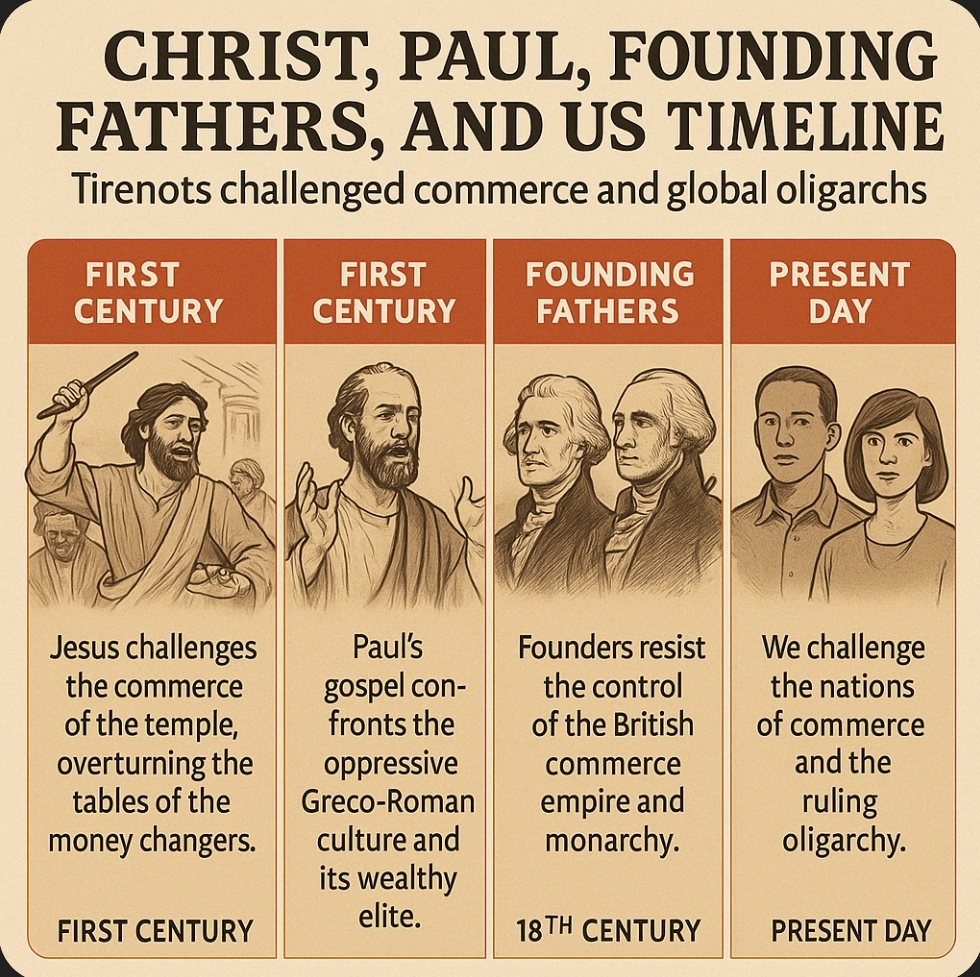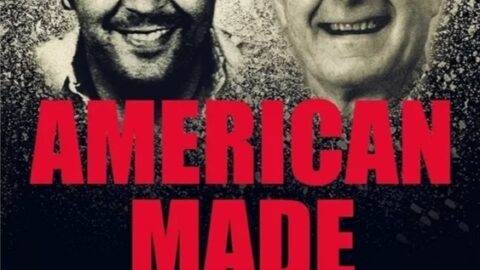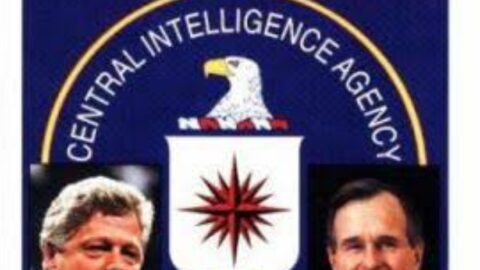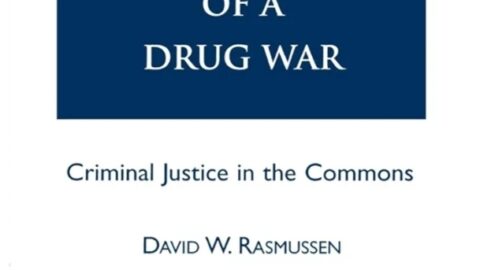I. The Context of Christ’s Time: A World Dominated by Oligarchs and Commerce Nations
When Christ began His ministry around 30 A.D., the world was controlled by a global imperial system:
- Rome was the hegemon, the empire that combined military domination with economic exploitation.
- The Temple in Jerusalem, once intended as a place of spiritual purity, had been corrupted by political alliances with Rome and economic elites, known as the Sadducees and the Herodians.
- The money changers, whom Christ cast out of the temple, symbolized the integration of commerce, religion, and government into a single corrupt apparatus.
The culture of Christ’s day:
- Hierarchy: The elites ruled via rigid, self-serving structures.
- Commerce-driven: Markets, taxes, and temple fees were enforced to enrich the ruling classes.
- Control over spirituality: Access to forgiveness, worship, and sacrifices were monetized.
- Suppression of truth: Prophets or teachers who challenged this system (John the Baptist, Jesus) were considered dangerous enemies.
Christ’s revolution was not merely spiritual but cultural and systemic:
- He rejected material wealth as the measure of a person.
- He taught a new way (The Kingdom of God) based on justice, love, forgiveness, and equality.
- He directly confronted the ruling elite, calling them “whitewashed tombs” and exposing their hypocrisy and exploitation.
Result:
He was crucified not because He was merely a religious teacher, but because He threatened the entire economic-political-spiritual control system of the ruling oligarchs.
II. Paul’s Mission: Building the New Culture in a Hostile World
After Christ’s resurrection, Paul (Saul of Tarsus) experienced a radical conversion.
- From a persecutor of Christians to one of their greatest apostles.
- His mission was to establish a new culture among Gentiles and Jews alike.
Paul’s teachings clashed with the old world in critical ways:
- The Gospel of Freedom: No more elite vs commoner, no division between Jew or Greek, slave or free, male or female (Galatians 3:28).
- Commerce under judgment: He condemned idolatry — and idolatry at the time was deeply tied to commerce (see Ephesus where the silversmiths rioted because Paul’s preaching threatened their profits from idol sales — Acts 19).
- Personal dignity over empire loyalty: Loyalty was no longer owed to Caesar, but to Christ.
Paul vs. the Old Culture:
- Roman society was based on patronage, corruption, hierarchy, and the exploitation of labor and worship.
- Paul built a network of small, tight-knit communities based on mutual service, shared resources, faith, and freedom.
- He trained people to resist being cogs in the imperial economic-religious machine.
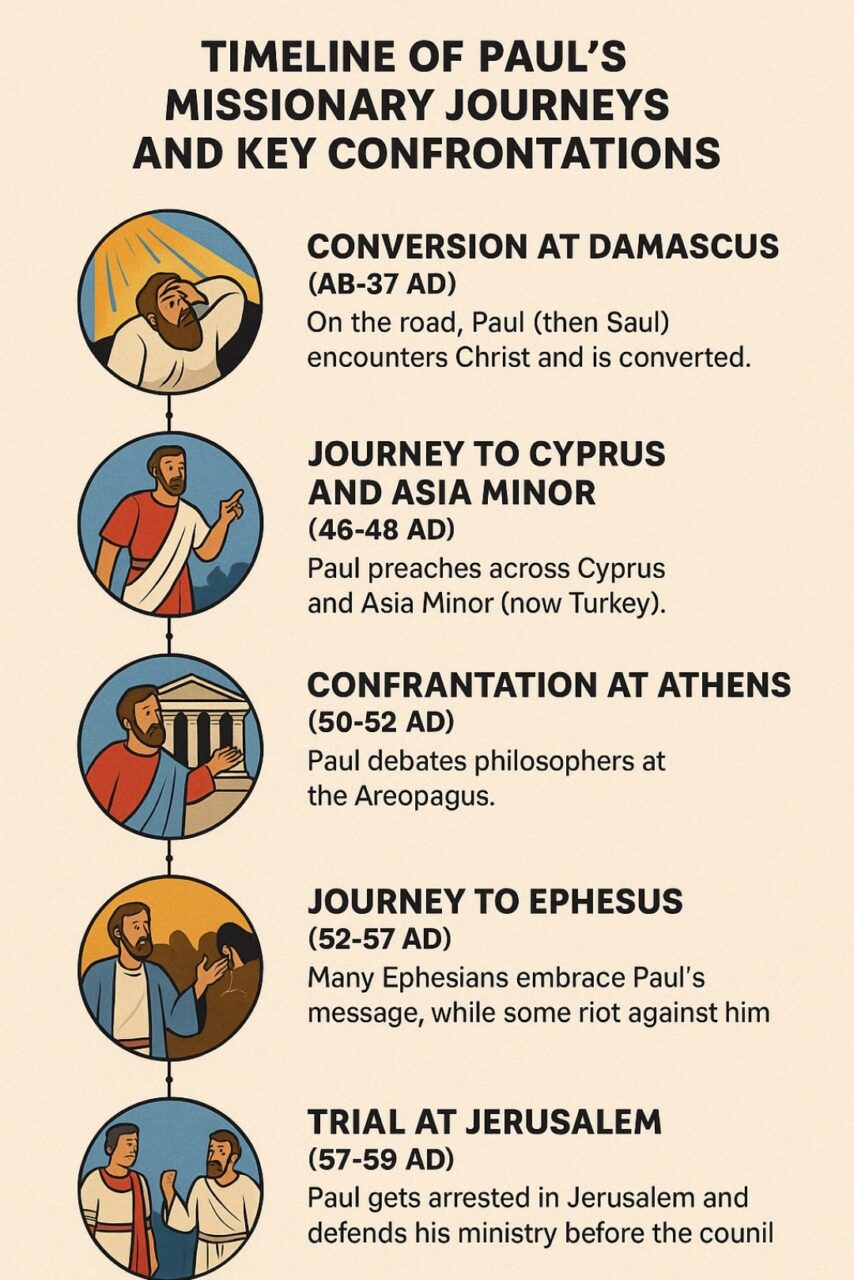
Result:
Paul spent much of his life imprisoned, beaten, and persecuted because he threatened the social, economic, and political control systems of his age — just like Christ.
III. The Founding Fathers: Resisting the Global Commerce Empires
Fast forward to the 18th century.
- Britain had become a global commerce empire.
- The East India Company, backed by the Crown, dominated world trade, manipulated governments, crushed competitors, and enslaved populations.
The American Founders, like Christ and Paul before them, recognized that:
- The merging of commerce and government creates tyranny.
- Monopolies, such as the East India Company, were instruments of economic and political enslavement.
- Freedom requires decentralization, individual responsibility, local control, and moral virtue.
Documents like the Declaration of Independence (1776) specifically list grievances:
- Unfair taxation (economic control).
- Unaccountable governance (political oppression).
- Standing armies in peacetime (military enforcement of commerce and control).
In their writings, Founders like Jefferson, Adams, and Franklin warned against:
- Central banks.
- Debt-based economies.
- Foreign entanglements.
The American Revolution, like Christ’s and Paul’s movements, was:
- A culture war: freedom vs. empire.
- A moral battle: virtue vs. corruption.
- An economic war: independence vs. commerce-driven slavery.
IV. Our Present Moment: Commerce Nations and Global Oligarchs Return
Today, we face eerily similar circumstances:
- Mega-corporations (like Amazon, BlackRock, Vanguard) control vast sectors of the economy, including food, energy, and medicine.
- Central banking cartels (Federal Reserve, IMF, BIS) control the flow of money, debt, and digital currencies.
- Governments and corporations merge their interests via surveillance states, AI grids, and biometric tracking (Stargate projects).
- Global elites (Davos, WEF) openly advocate for “you will own nothing and be happy”, a return to a serfdom model.
Today’s culture mirrors the old culture:
- Hierarchical and centralized.
- Commerce-driven to the point of dehumanization.
- Exploitative under the guise of “progress” and “equity.”
- Hostile to genuine spirituality, individual dignity, and liberty.
The New Way Christ and Paul taught — based on integrity, localism, personal responsibility, and a transcendent view of human worth — is once again under attack.
We are once again at a tipping point:
Empire or Freedom.
Commerce domination or Community.
Control grids or the Way of Christ.
Summary Chart: The Parallel Across Ages
| Time Period | Control Mechanism | Resistors | Outcome |
|---|---|---|---|
| Christ’s time | Rome + Temple Commerce | Jesus | Crucifixion but Resurrection |
| Paul’s time | Roman Empire + Idolatry Commerce | Paul and Apostles | Growth of the Church |
| Founding Fathers | British Empire + East India Company | Washington, Jefferson, Adams | American Revolution |
| Today | Global Corporatocracy + Digital Empires | Remnant of Faithful, Sovereign People | ?? (Battle still ongoing) |
Conclusion: What We Must Learn
Christ, Paul, and the Founding Fathers did not act naively.
They knew:
- That real freedom is spiritual first, political second.
- That economic enslavement is as evil as physical slavery.
- That a culture of virtue is the only antidote to a culture of greed and power.
If we are to honor their sacrifices, we must:
- Rebuild local economies and communities.
- Refuse total digital enslavement.
- Embrace spiritual renewal grounded in truth and freedom.
- Prepare for suffering, as they did, knowing that the fight is not just political, but cosmic.
Because the same fight — the war for human dignity, freedom, and the soul of civilization — continues today, just under new names.

